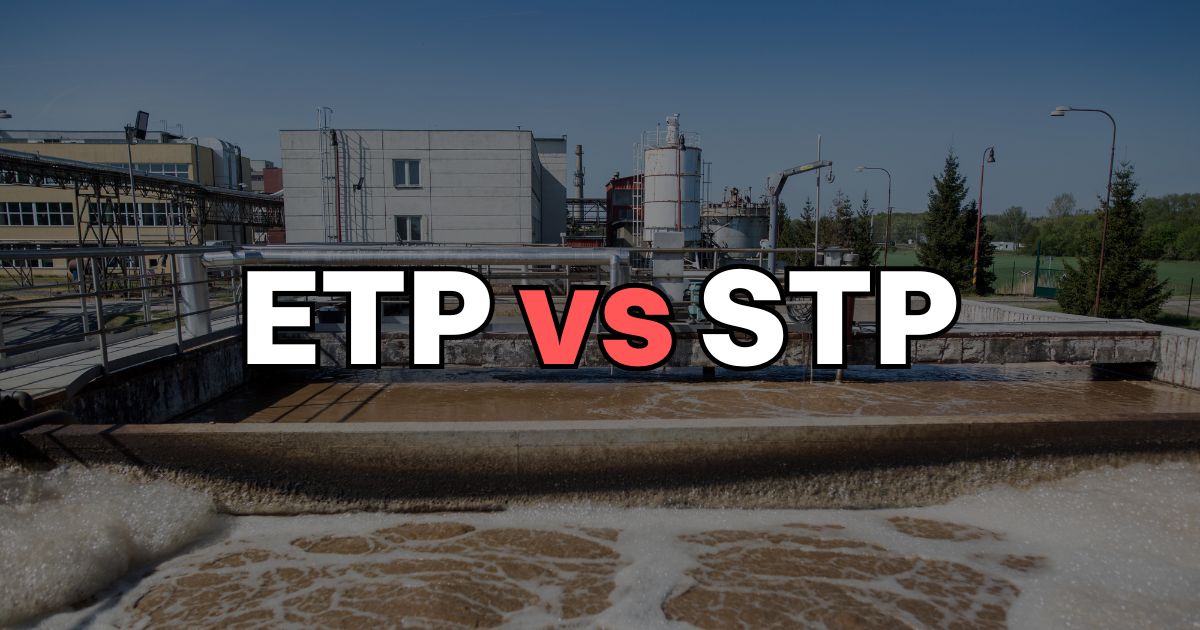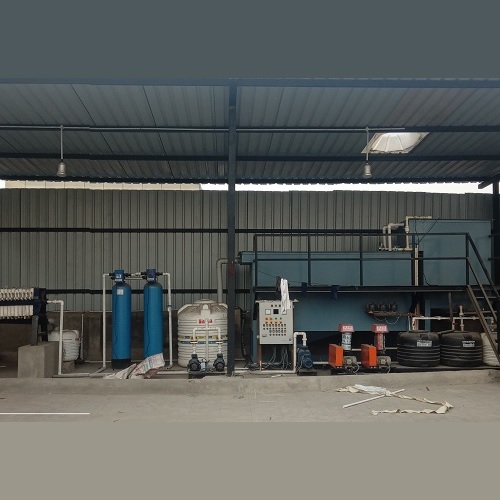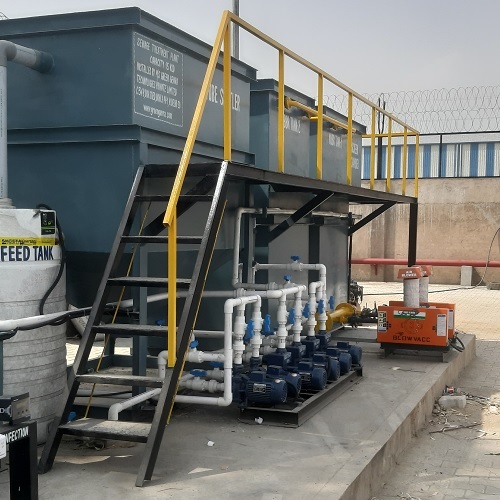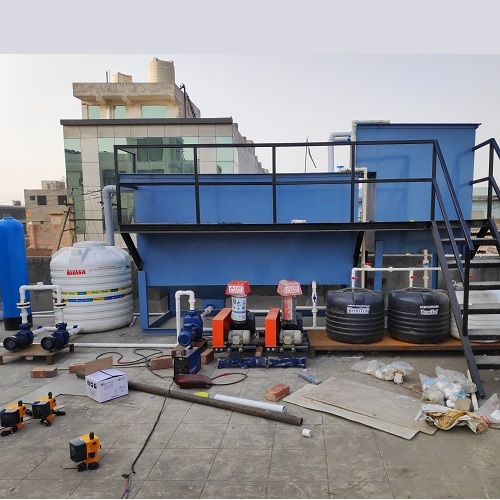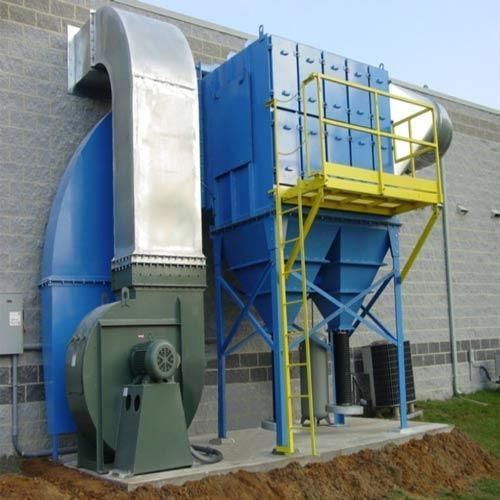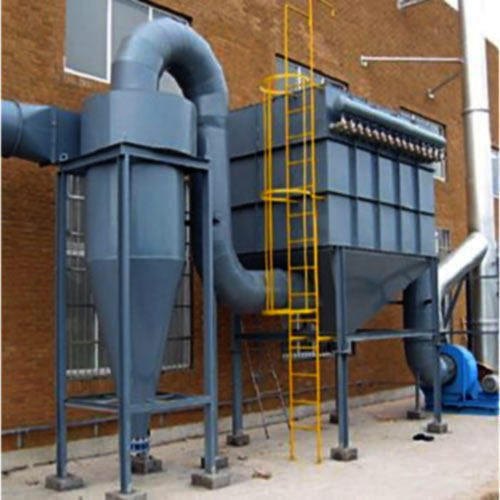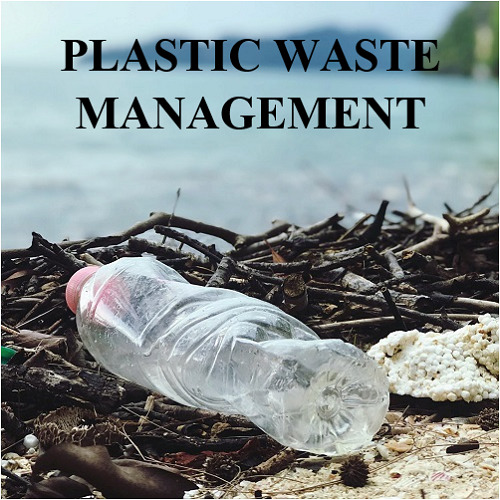Water Expo 2025 in New Delhi 28-30 August 2025 | Pragati Maidan, New Delhi India 20th Everything About Water Expo 2025 ...
Global fight against coronavirus: How it is linked to climate change
The spread of coronavirus across the world has helped us realise the individual impact one can have on a global crisis.
The world we live in today is interconnected at many levels. Everything we do is linked to everything else at some or the other level, intersecting at some point of time. From trade and commerce to policy making, and from rise of industries to the rise of economic disparity and inequality, everything is entwined together at a global level. And, the coronavirus has given us a greater understanding of how individual action can help in combating global crisis, may it be a pandemic or climate change.
Individual impact
The spread of coronavirus across the world has helped us realise the individual impact one can have on a global crisis. The social distancing norms and lockdowns that are being followed across the world to curb the spread of the disease, where every individual in their own isolated ecosystems (homes) has recognised that they have the power to make an impact and bring about a positive change. This sense of power of our individual impact can also help us fight the century’s largest public health threat, that is, climate change.
Arthur Wyns, a climate change researcher at the World Health Organsiation, said, “Even though climate change presents a slower, more long-term health threat, an equally dramatic and sustained shift in behaviour will be needed to prevent irreversible damage.”
Reduction in emission
The pandemic also had an impact on various environmental factors with many cities witnessing a remarkable drop in the emission of Carbon dioxide (CO2) and other greenhouse gases. According to an article published by carbonbrief.org on March this year, China’s carbon emissions fell by an estimated 25 per cent over a four-week period. However, the demand returned to normal levels over an extended seven-week period, bringing the reduction to around 250 million tonnes of CO2, with emissions around 18 per cent lower than the usual.
On Tuesday, a news report by Reuters said that during the first 25 days of the lockdown that started on March 22, the concentration of poisonous PM2.5 particles in a cubic meter of air averaged at 44.18, according to the agencies analysis of the government data, indicating a rare “good” rating, the safest level on the scale. The report further suggested that this is sharp decline from an average concentration of 81.88, recorded between March 22 and April 15 last year, according to the analysis of data gathered by the State-run Central Pollution Control Board.
Reports also suggest that carbon monoxide levels have come down to half their usual March level in New York.
However, when the life across the globe goes back to normal with factories coming back to life, all transport systems starting their operations, these emissions will inevitably rise again, and can even escalate due to the surge in demand. This can further degrade the already fragile environment. But keeping in mind the lessons we have learnt from this global crisis of coronavirus pandemic, we can all make more conscious decisions and long-term behavioural changes to make an impact on the threat of climate change, by not only making our individual efforts count, but also by pushing our lawmakers and governments to make policies that favours sustainability of Earth’s natural ecosystem.
Source: Telangana Today
Also Read: Covid-19:Guidelines for handling waste generated during patients treatment.

































Understanding Grease Traps: What are they, and why are they essential? Grease Traps, also known as grease interceptors, ar...
As India tackles pollution, waste management and climate change, the environmental regulations are becoming increasingly stri...
Are you planning to install ETP (Effluent Treatment Plant) or STP (Sewage Treatment Plant) in India? If so, understand the di...
Ghaziabad has witnessed an increase in several industries in the past few years. The continuously rising population and a gro...
Effluent Treatment Plant (ETP) from reliable ETP Plant Manufacturers play a key role in reducing industrial pollution by trea...
With the increasing levels of water contamination in Ghaziabad because of growing industries and a growing population, wastew...



